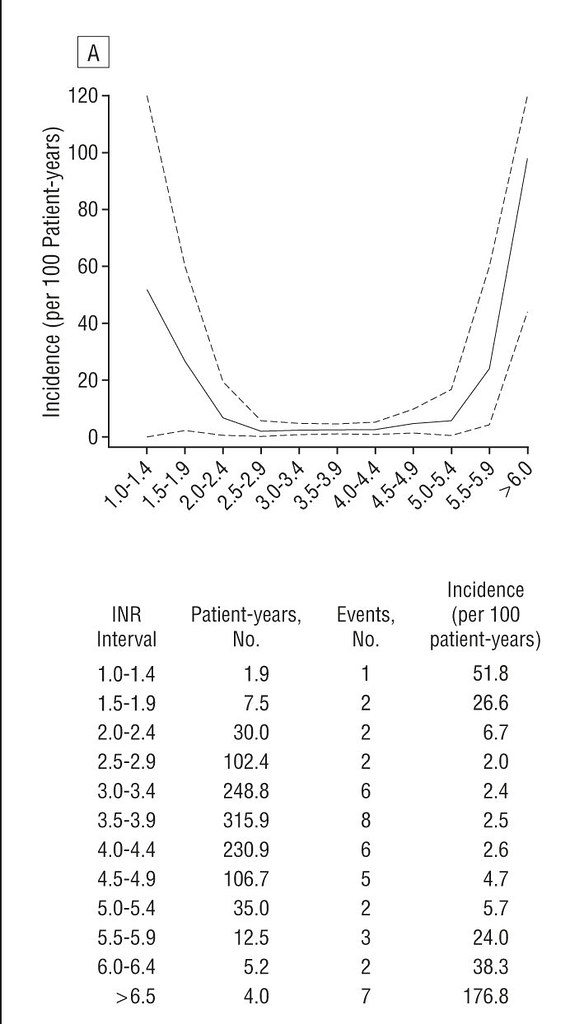Hi everyone. New to the forum. I am a 44-year old man. Well, after monitoring my bicuspid aortic valve for years, I am scheduled to have valve replacement and aneurysm repair in a few weeks (aortic stenosis is severe; root dilated about 4.2). My surgeon seems to be pushing a mechanical St. Jude valve given my age but she has good things to say about the new Inspiris Resilia tissue valve as well. I am very active and love downhill skiing, cross country skiing, water skiing, and several other activities. Surgeon is confident I can continue with all these activities even if I go for a mechanical vale and have to take thinners.
My main concern with the mechanical valve is warfarin’s interaction with alcohol. I love beer (I do not drink anything else). On an average weekday I have about 3-4 super light Miller 64s (Miller 64 is 2.2% alcohol-not even real beer). But I do have 4 real beers on most Friday and Saturday nights (plus some 64s mixed in) and maybe 3 beers on Sunday. 4-5 times a year I drink 8-10 beers throughout the day at get-to-togethers and special occasions.
My question is whether this level of drinking is dangerous on warfarin/thinners?
Thank you.





